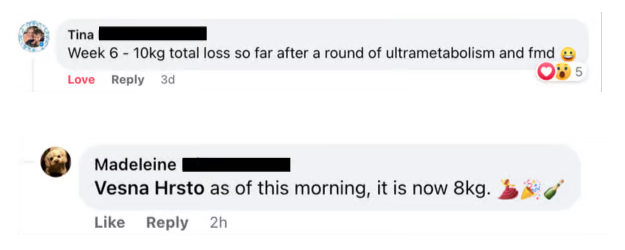The Flawed Science of Calories in and Calories Out
There is a misconception in our understanding of weight and obesity.
The idea that there is a simple formula to explain why people get overweight: if you consume more calories than you burn, you will get fat.
Or, if you exercise more and eat less, you will lose weight.
This doesn’t take into account any of the complex processes in the body…and…
It also doesn’t explain how impoverished and underfed people can get fat.
Researchers found women in western Saharan refugee camps in the desert of Algeria can't grow anything so all food has to be delivered by aid organisations, yet 28% of households have an obese mother living with a malnourished child or infant.
If we assume these women just got ‘fat’ by eating too much, why don't they give those “calories” to their starving children to keep them alive?
Until the 1950's, there was no doubt that being overweight was caused by a hormonal imbalance.
Hormones determine the storage of body fat, how much energy we have and how much we can exercise.
The idea that excess calories from fat cause us to be fat was introduced by Ancel Keys and his now debunked study that animal fats caused cholesterol and heart disease and obesity.
The flawed science influenced a whole generation of medical students and nutrition experts that if we want to lose weight, we should just eat less fat.
But people did not lose weight – on the contrary, over the years they have gotten fatter and cases of heart disease have been on the rise.
There are three key systems (and hormones) that influence our ability to burn body fat and maintain a healthy weight.
This week, I’ll be sharing the process we take clients through to achieve these results….
Hi, I'm Vesna!
I’m a Naturopath, Transformational Coach, Mind-body Medicine Specialist & Speaker, and I love supporting modern women who are overworked, busy & burnt out.
Freebie Alert:
Body + Business Reboot Assessment
Free Step-By-step plan designed for women in business.
Leave a Reply Cancel reply
You must be logged in to post a comment.
Where exhausted & anxious professional women regain their ENERGY & Confidence. So they can live the life they truly want.

